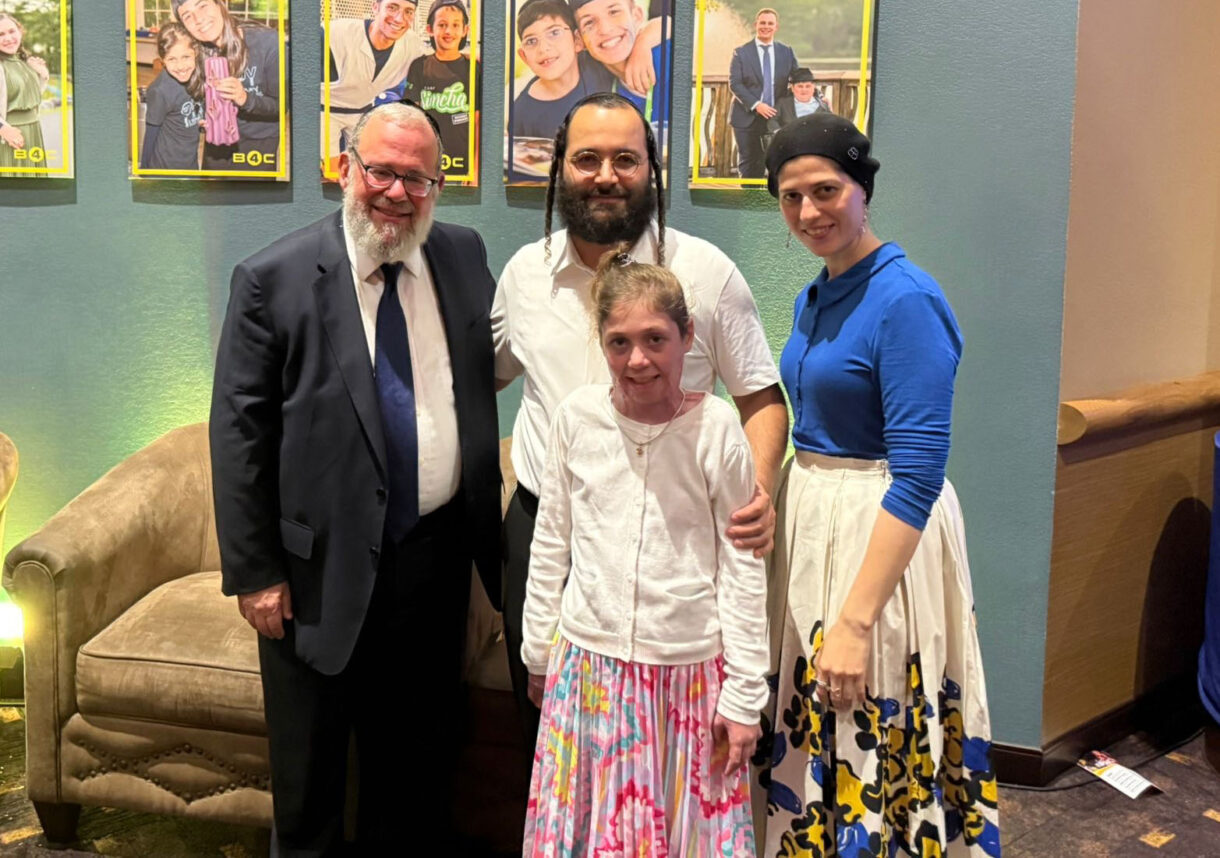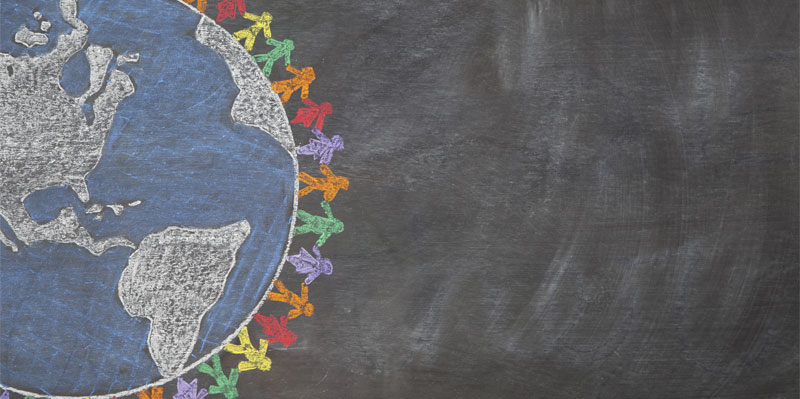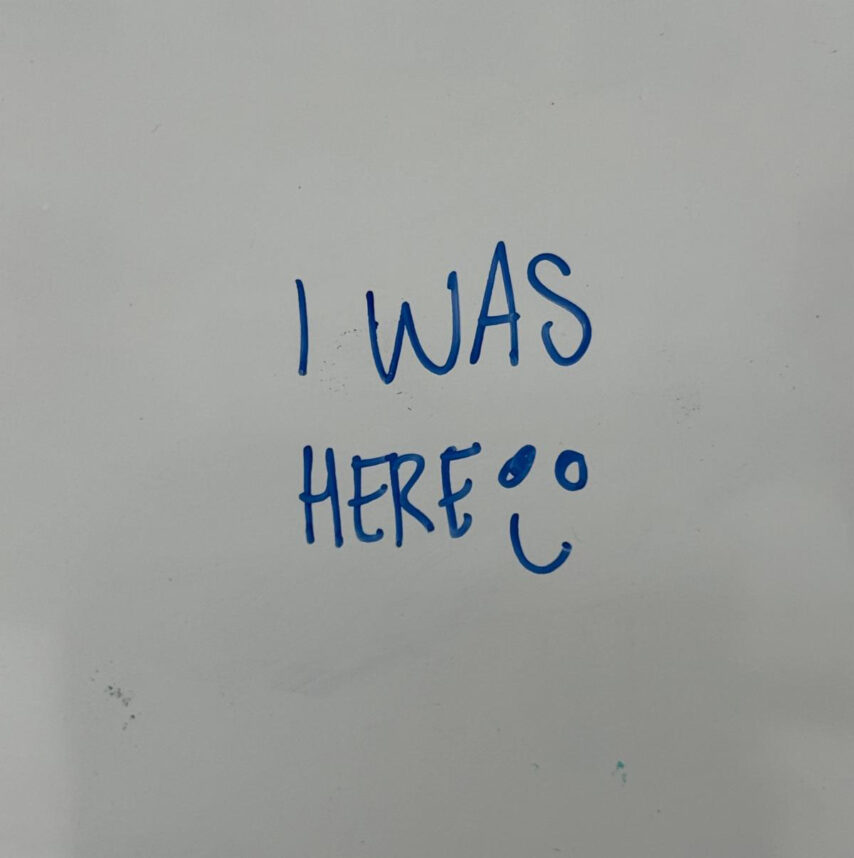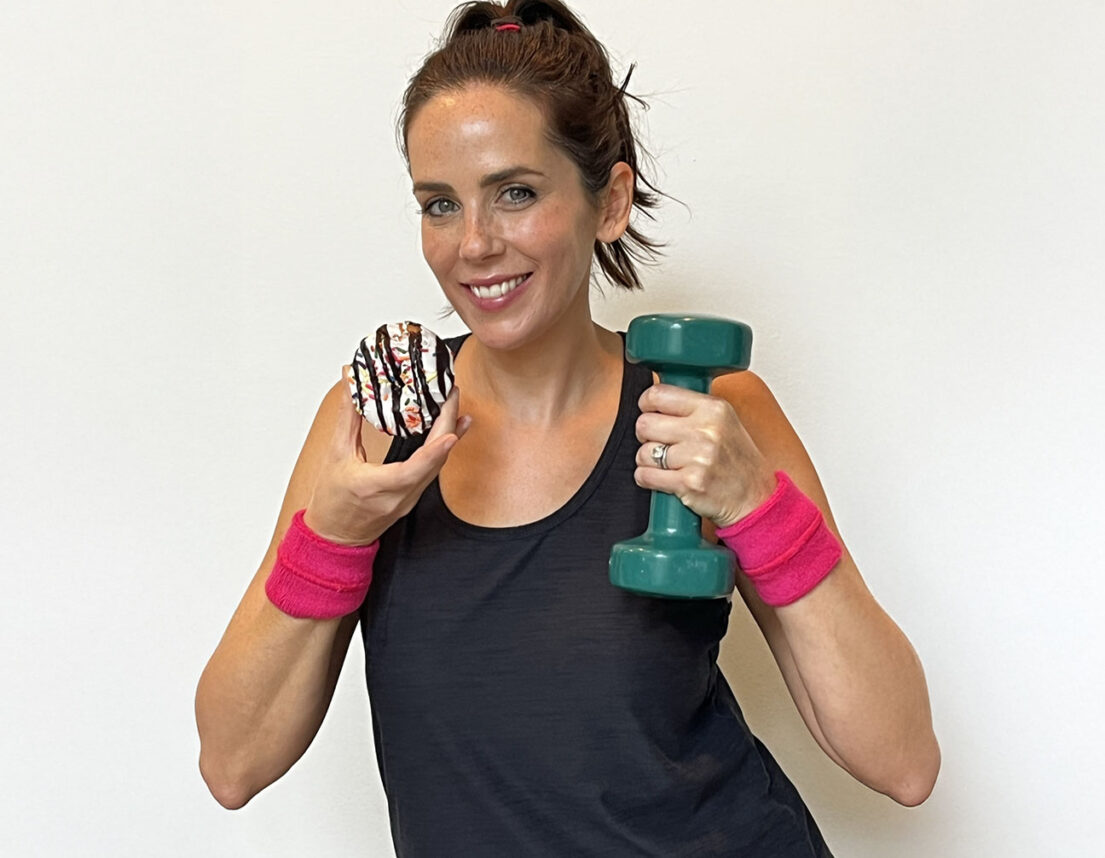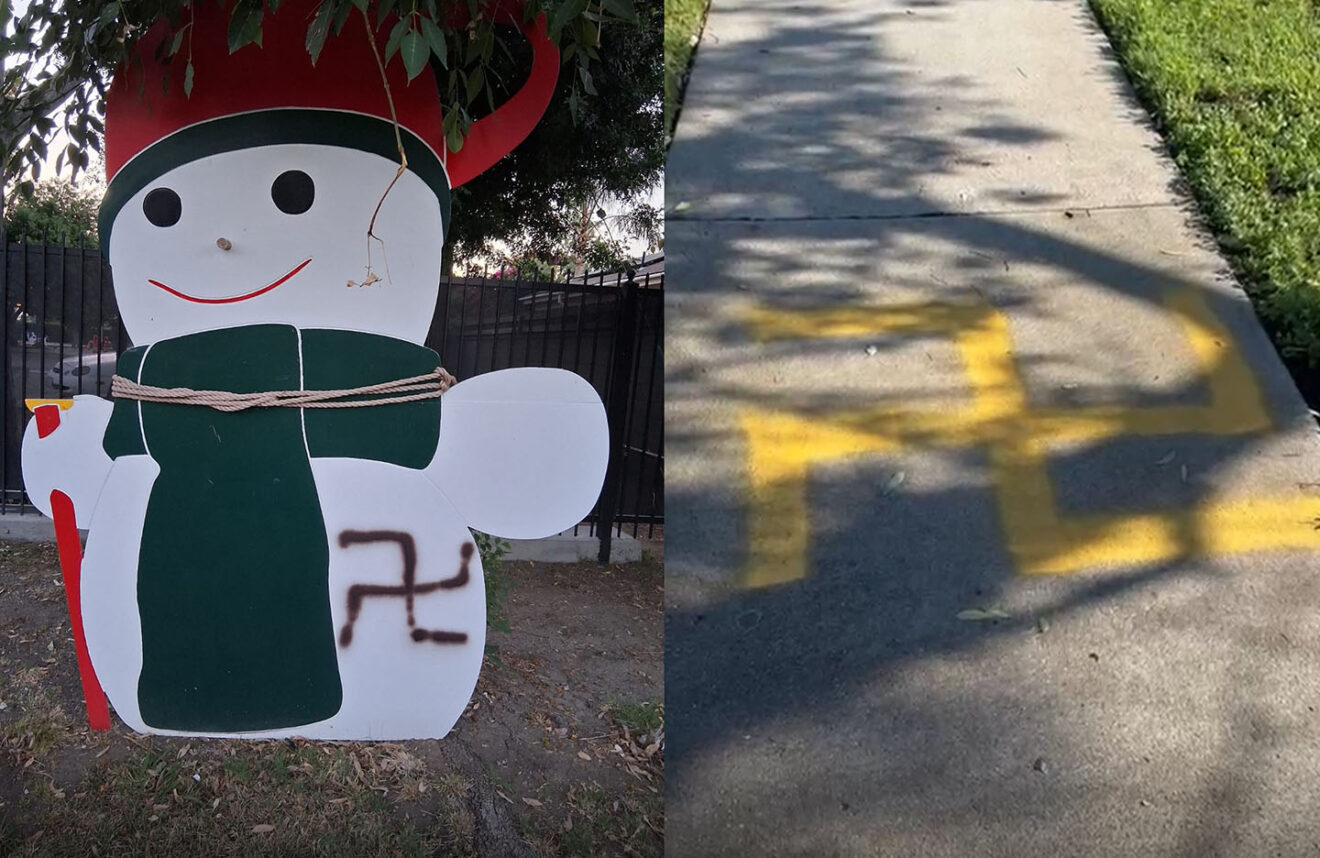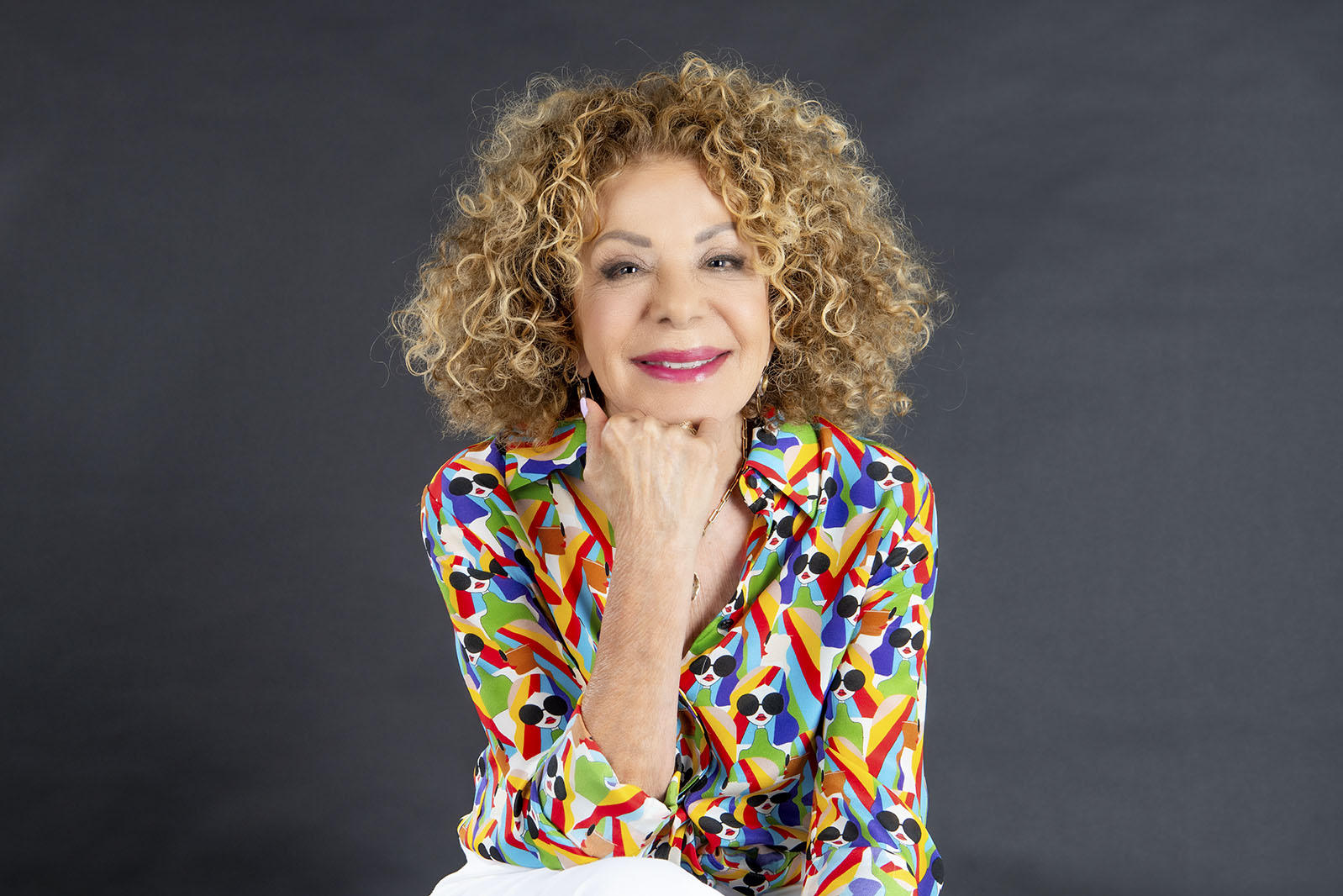
At 81, Hedva Amrani has just released a new album, “Lost Songs” — a compilation of long-forgotten tracks she recorded during the 1970s and ’80s. The 14-track album features 13 songs in English — a mix of originals and cover songs — and one in Arabic, each with its own personal backstory from her life and career.
 The Israeli-born singer moved to Los Angeles at the height of her fame in the 1970s, following her heart — and her now-husband, American-Jewish doctor Dudley Danoff.
The Israeli-born singer moved to Los Angeles at the height of her fame in the 1970s, following her heart — and her now-husband, American-Jewish doctor Dudley Danoff.
In an interview with The Journal, Amrani explained how the album came about. It all started during a radio interview in Israel, when the host asked what happened to a song in Arabic she had recorded in Egypt back in 1978.
“Her question made me dig around until I found it on a cassette,” Amrani said. “That led me to realize how many recordings I had that were never released or had simply been forgotten over time. I felt I had to do something about it. So I started this journey of rediscovery and sent the materials to Alon, my personal manager, who said we needed to upgrade the sound quality and so we did.”
Among the album’s tracks are covers of well-known songs like “Ballerina,” originally recorded by Nat King Cole, Brenda Lee’s “All Alone Am I” and “Kaleidoscope.”
“I recorded them in New York in the late 1970s for Buddah Records,” she recalled. “They were really excited about my work and thought I had great potential for a U.S. career. It was the disco era, and I recorded those tracks along with my own original material. But the album was never released, and I always felt I had to do something with it.”
The final track on the album is titled “Yaasfure Islam,” which means “Peace Dove.”
“It was after the peace agreement between Israel and Egypt,” said Amrani. “I was living in the U.S. and went to Egypt as part of a trip organized by the Friends of the Hebrew University. Someone introduced me to an Egyptian entertainment reporter, and through her I connected with a record company. They arranged for me to record the song with the Cairo Philharmonic. The conductor didn’t know I was Israeli — we wanted it to be a surprise.”
Amrani, whose parents made Aliyah from Yemen, learned to sing the song in Arabic and was excited about the chance to perform in Egypt — which would have made her the first Israeli to do so.
“We decided to invite (French-Algerian singer) Enrico Macias to perform with me, but once it was revealed that I’m Israeli, I received threats warning me not to come. In the end, Macias performed alone in front of the pyramids. It was a huge disappointment.”
One particularly emotional track is “My Child,” inspired by personal tragedy and loss. She wrote and composed it in 1979 after her first son passed away a month after birth due to medical complications.
“My husband and I tried for eight years to have children, and it just wasn’t working. It was very hard. I suffered many miscarriages,” she said. “Then I got pregnant, but the baby was born in the eighth month and things just didn’t go well. It was horrible — he spent a month in an incubator and then passed away. I said I couldn’t go through it again, but my husband insisted we try. I got pregnant almost immediately, and gave birth to my daughter Aurel in 1980. That’s when I wrote “My Child.” It was included in an album I released in Israel called “Isha” (Woman), but it never became a well-known song.”
Prior to her moving to the U.S., Amrani had been a very popular and well-known singer in Israel. She was part of a duo, Hedva and David. One of their best-known songs from that period is “Ani Cholem Al Naomi” (“I Dream of Naomi”). The song won first place at the first International Song Festival in Japan, held in Nov. 1970. It was released there as a single and sold two million copies. They went on to release eight more albums there and later toured the United States and Japan.
“David and I were the first to open Japan to the West. There were huge posters of us all over the country,” she recalled. “The Israeli ambassador told us, ‘I could have lived here for 40 years and never achieved this level of popularity.’”
She met Danoff while touring the U.S. with the folk dance troupe founded by choreographer Yonatan Karmon and Gavri Levy. The group performed at the Palace Theatre on Broadway and toured across Europe and the United States, primarily for Jewish Diaspora audiences.
“He came to one of my concerts and later to the afterparty. We talked — he was very nice — and he gave me a ride back to the hotel,” Amrani recalled. “Shortly after, he went skiing in Austria, and my manager Roni happened to be there too. He told him, ‘Do you remember Hedva? You should call her — she likes you.’ When Roni came back to the U.S., he told me the same thing. ‘Remember Dudley? He really likes you. You should call him.’ I said, ‘Me and a doctor? I don’t think so.’”
She agreed to go out with him, but only if her manager could come along. “Dudley arrived in a red convertible with only two seats, so I sat with Roni on one seat while Dudley drove us to a fancy restaurant, Escargot on Fifth Avenue. I later learned that he only eats at fancy restaurants,” she laughed.
The two quickly became a couple and married in 1971 in Israel, in front of 1,250 guests. “We had top performers, including former Prime Minister Menachem Begin, members of the Knesset, and the British band Mungo Jerry — known for their hit ‘In the Summertime.’”
Amrani and Danoff have two children: Aurel, an attorney specializing in litigation and intellectual property, and Doran, a Nashville-based musician who writes music for commercials and more.
Throughout her years in Beverly Hills, she continued recording new material, performed in Israel on several occasions, and volunteered her time to entertain at local events for organizations such as the FIDF, Israel Independence Day celebrations, and Beit Halochem.
Today, when visiting Israel, she’s mostly recognized by those over 50. “The younger ones don’t know me, but when I sing one of my hits, ‘Salam Aleikum,’ they join in right away,” she said. “Had I stayed in Israel, I know I would have done much more — but I have no regrets. I have a beautiful family here, and I cherish that.”












